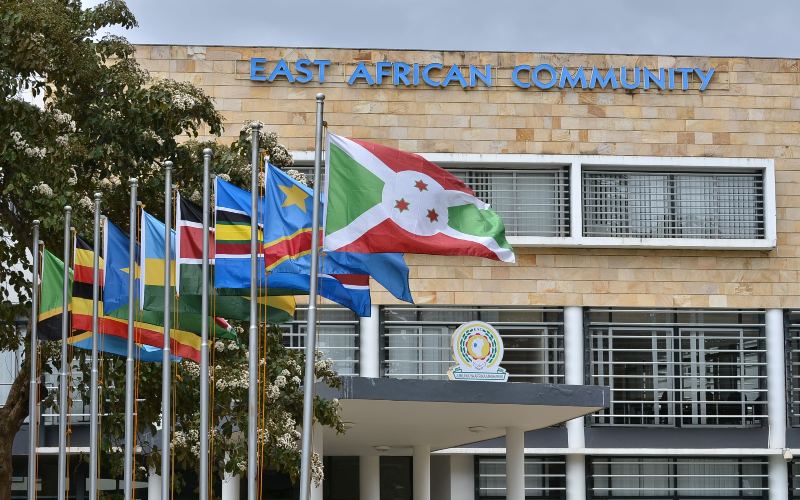US flags persistent bribery requests by Kenyan officials in latest trade report

The issue has been highlighted in the US Trade Representative’s 2025 National Trade Estimate which addresses various barriers hindering trade between the two nations.
The United States has once again raised concerns about ongoing corruption in Kenya’s public procurement processes, with American companies still facing bribery demands and extortion attempts from government officials seeking to influence the outcome of tenders.
The issue has been highlighted in the US Trade Representative’s 2025 National Trade Estimate, which addresses various barriers hindering trade between the two nations.
More To Read
- Iran boycotts 2026 World Cup draw after US denies visas to delegation
- Ramaphosa hits back after Trump says South Africa won’t be invited to 2026 G20 summit
- It's Trump vs. the press, again, with new threat to BBC
- Ethiopian Airlines says Africa–US flights unaffected by Federal Aviation directive
- Sudan's paramilitary forces agree to proposal of humanitarian truce
- Kenya backs UN vote calling for end to US embargo on Cuba
According to the report, corruption continues to undermine transparency in the tendering process, despite Kenya's efforts to digitise its procurement systems.
"Tenders are often not announced in a timely or transparent manner, which gives an unfair advantage to those with political connections," noted Jamieson Greer, President Donald Trump’s trade advisor.
The US trade office further explained that, in many cases, foreign firms that lack a proven track record have been awarded contracts in collaboration with influential Kenyan partners, raising concerns over favouritism and lack of fair competition.
Even with Kenya's push towards digitising its procurement systems, such as the Integrated Financial Management Information System (IFMIS), the US remains sceptical.
"The system suffers from issues like poor connectivity and security vulnerabilities, which allow for manipulation," the report stated.
Delays in clearing shipments
In addition to the corruption-related concerns, US businesses have reported issues with delays in clearing shipments at Kenyan customs. The process remains inefficient and disorganised, involving multiple steps and inconsistent application of rules, leading to further frustration for American investors.
“The system is bogged down by unnecessary inspections and uncoordinated offices,” the report adds.
Another troubling issue flagged by the US is the availability of counterfeit and pirated goods in the Kenyan market.
Despite Kenya’s signing of the WIPO Copyright Treaty in 1996, the country has yet to ratify it, leaving intellectual property protections vulnerable.
The US also pointed out that Kenya’s customs recordation and import permit application system have not been enforced effectively, putting American businesses at a disadvantage when importing products.
These concerns come just as Kenya rolls out a new electronic government procurement system aimed at reducing corruption and increasing transparency.
The new system, integrated with IFMIS, is part of broader reforms backed by the International Monetary Fund (IMF) to streamline procurement and ensure greater accountability.
While the Kenyan government hopes these reforms will bring about positive change, the US remains cautious, pointing to the ongoing challenges in the system.
Despite these hurdles, Kenya’s government is committed to eliminating the exploitation of suppliers and contractors by corrupt officials, particularly those who have controlled payments and approval processes in government contracting.
Top Stories Today


















































